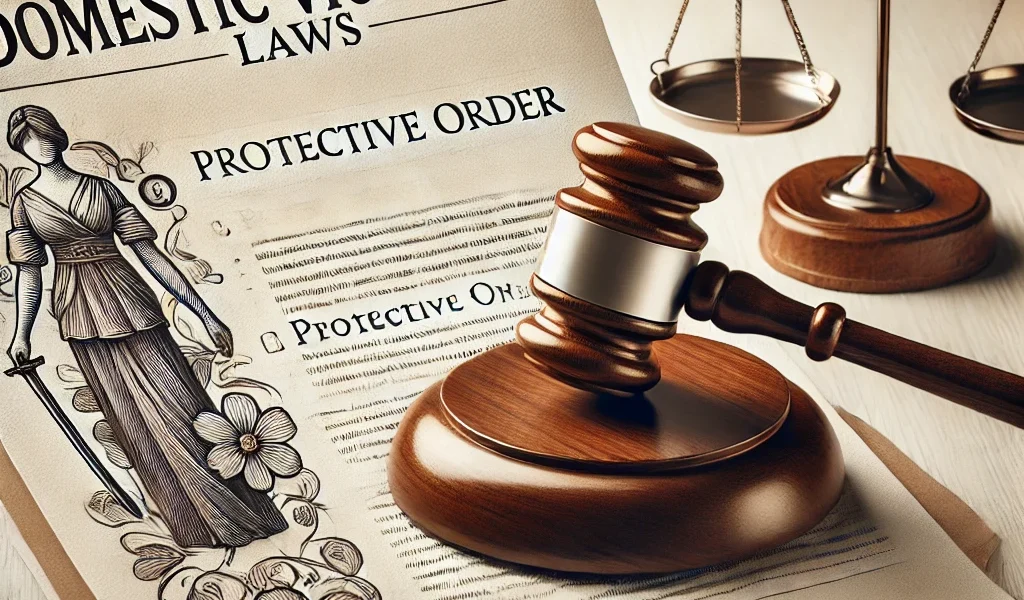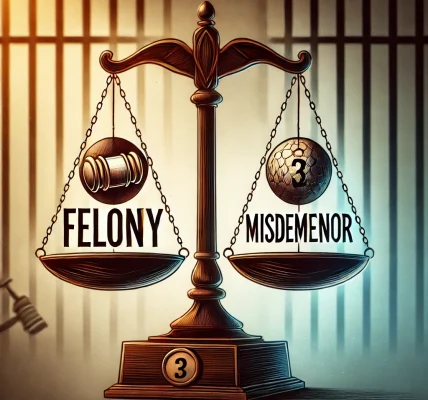Introduction
Domestic violence is a serious offense that affects individuals and families worldwide. It includes physical, emotional, psychological, and financial abuse within intimate relationships or households. Governments have enacted strict laws to combat domestic violence, protect victims, and penalize offenders.
This article provides an in-depth look at domestic violence laws, legal protections available for victims, and the penalties imposed on perpetrators.
1. Understanding Domestic Violence
Domestic violence is defined as any pattern of abusive behavior in a relationship that is used by one partner to gain or maintain control over another.
Common Forms of Domestic Violence:
- Physical Abuse: Hitting, slapping, choking, or other forms of physical harm.
- Emotional and Psychological Abuse: Threats, intimidation, manipulation, or degradation.
- Sexual Abuse: Forcing or coercing sexual acts without consent.
- Financial Abuse: Controlling access to financial resources, withholding money, or preventing employment.
- Stalking and Harassment: Monitoring, following, or persistent unwanted communication.
2. Legal Protections for Domestic Violence Victims
Governments provide legal protections for domestic violence victims to ensure their safety and prevent further abuse.
Protective Orders (Restraining Orders)
- A court-issued order that restricts an abuser from contacting or approaching the victim.
- Can include provisions such as staying away from the victim’s home, workplace, or school.
- Violating a protective order can lead to criminal charges.
Emergency Shelters and Support Services
- Safe houses provide temporary refuge for victims fleeing abuse.
- Counseling, legal assistance, and medical support are available.
- 24/7 domestic violence helplines assist victims in crisis.
Child Custody and Protection
- Courts prioritize the safety of children in domestic violence cases.
- Abusers may lose custody or have restricted visitation rights.
- Child Protective Services (CPS) may intervene if a child is endangered.
3. Penalties for Domestic Violence Offenders
The legal consequences of domestic violence depend on the severity of the offense, prior criminal history, and jurisdictional laws.
Common Legal Penalties:
- Misdemeanor Charges: For minor incidents, offenders may face fines, community service, or short-term jail sentences.
- Felony Charges: Severe cases, repeated offenses, or crimes involving weapons may result in significant prison time.
- Mandatory Counseling and Anger Management: Courts may require offenders to attend rehabilitation programs.
- Loss of Firearm Rights: Convicted abusers may be prohibited from owning firearms.
- Employment and Social Consequences: Criminal records can affect job opportunities, housing applications, and social relationships.
4. Defenses Against Domestic Violence Charges
Being accused of domestic violence does not automatically lead to conviction. Legal defenses may be used to challenge allegations.
Common Defenses:
- False Accusations: Proving the claim was fabricated due to personal disputes or custody battles.
- Self-Defense: Demonstrating that actions were in response to immediate danger.
- Lack of Evidence: Challenging weak or uncorroborated evidence presented by the prosecution.
- Consent: Arguing that alleged actions were consensual and not abusive.
5. Role of a Criminal Defense Lawyer in Domestic Violence Cases
Legal representation is crucial for both victims seeking protection and defendants facing charges.
For Victims:
- Assisting with obtaining restraining orders.
- Representing victims in family court for child custody and divorce proceedings.
- Ensuring rights are protected during legal proceedings.
For Defendants:
- Building a strong defense strategy to challenge allegations.
- Negotiating plea deals for reduced sentences when applicable.
- Representing clients in court for fair trials.
6. Preventing Domestic Violence
For Individuals:
- Recognize early signs of abuse and seek help immediately.
- Establish personal boundaries in relationships.
- Utilize support groups and counseling services.
For Communities and Employers:
- Implement workplace domestic violence policies.
- Educate individuals on recognizing and reporting abuse.
- Strengthen community resources for victim assistance.
7. Conclusion
Domestic violence laws are in place to protect victims and hold offenders accountable. Understanding legal protections and penalties can help individuals navigate these complex issues. If facing domestic violence, seeking legal and community support is essential.




